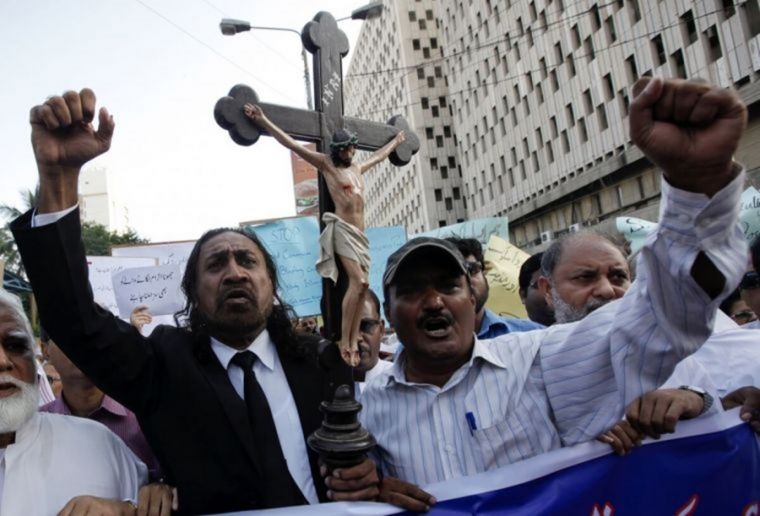Pakistan textbooks teach children to hate Christians, describing them as 'outsiders, unpatriotic and inferior'

How could religious extremism be curtailed if it is actually being taught in schools?
The question arises in Pakistan where a study has found out that Muslim schoolchildren are being taught to hate Christians and other minorities in their textbooks, according to AsiaNews.
The study recently conducted by the human rights group National Commission for Justice and Peace (NCJP) showed that Pakistani school textbooks are full of information that incites hatred and intolerance against Christians and other non-Muslims.
As a result, Christian students, as well as their elders, have been continually subjected to attacks in Pakistan, the NCJP said.
In July, an undetermined number of Christian students were reportedly kidnapped and beaten by unidentified assailants. A 16-year-old Pakistani Christian girl was also reported to have been sexually assaulted by Muslim attackers in Punjab.
Meanwhile, Christian students are reportedly being forced to recite Islamic prayers in school, prompting the Pakistani Teachers' Association to write a letter of complaint to the Chief Justice of Pakistan.
NCJP says the curriculum plays a part in inciting Muslims to attack Christians since it portrays the latter in a negative light, even to the point of erasing historical facts in textbooks where Christians proved their worth as citizens of their nation.
"Our textbooks are full of personal opinions," Muslim lawmaker Asma Bukhari told AsiaNews.
One historical account found in a book used at Taliban extremism centre read: "The English took power from Muslims, so they considered Muslims as their true enemies. They closed all doors of development to Muslims. So Muslims had no choice but to fight the English...Christian pastors were forcefully converting locals to Christianity."
"Pakistan's public school textbooks contain deeply troubling content that portrays non-Muslim citizens as outsiders, unpatriotic, and inferior; are filled with errors; and present widely-disputed historical 'facts' as settled history," former U.S. Commission On International Religious Freedom Chairman Robert P. George wrote in April.
"Missing from these textbooks are any references to the rights of religious minorities and their positive contributions to Pakistan's development," George said. "These textbooks sadly reflect the alarming state today of religious freedom in Pakistan. A country's education system, including its textbooks, should promote religious tolerance, not close the door to cooperation and coexistence."











